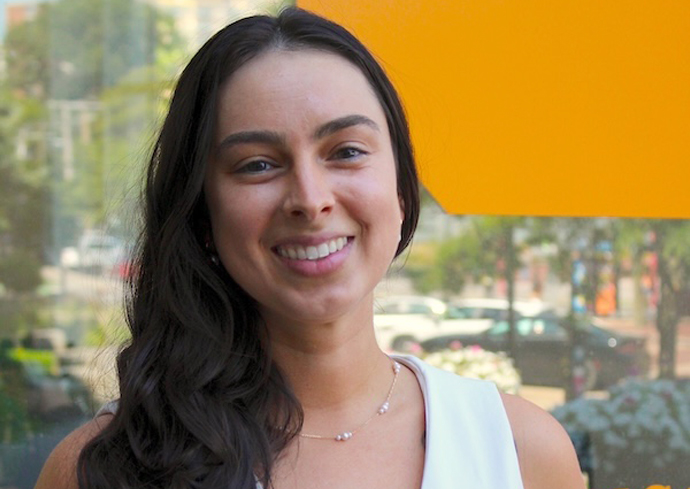Syracuse University and University of Bergen Host Transatlantic Alliance for Law, Outreach and National Security Conference
The Syracuse University Institute for Security Policy and Law (SPL) and the University of Bergen Faculty of Law recently hosted a group of national security scholars from 16 universities and 12 states at the first Transatlantic Alliance for Law, Outreach…


